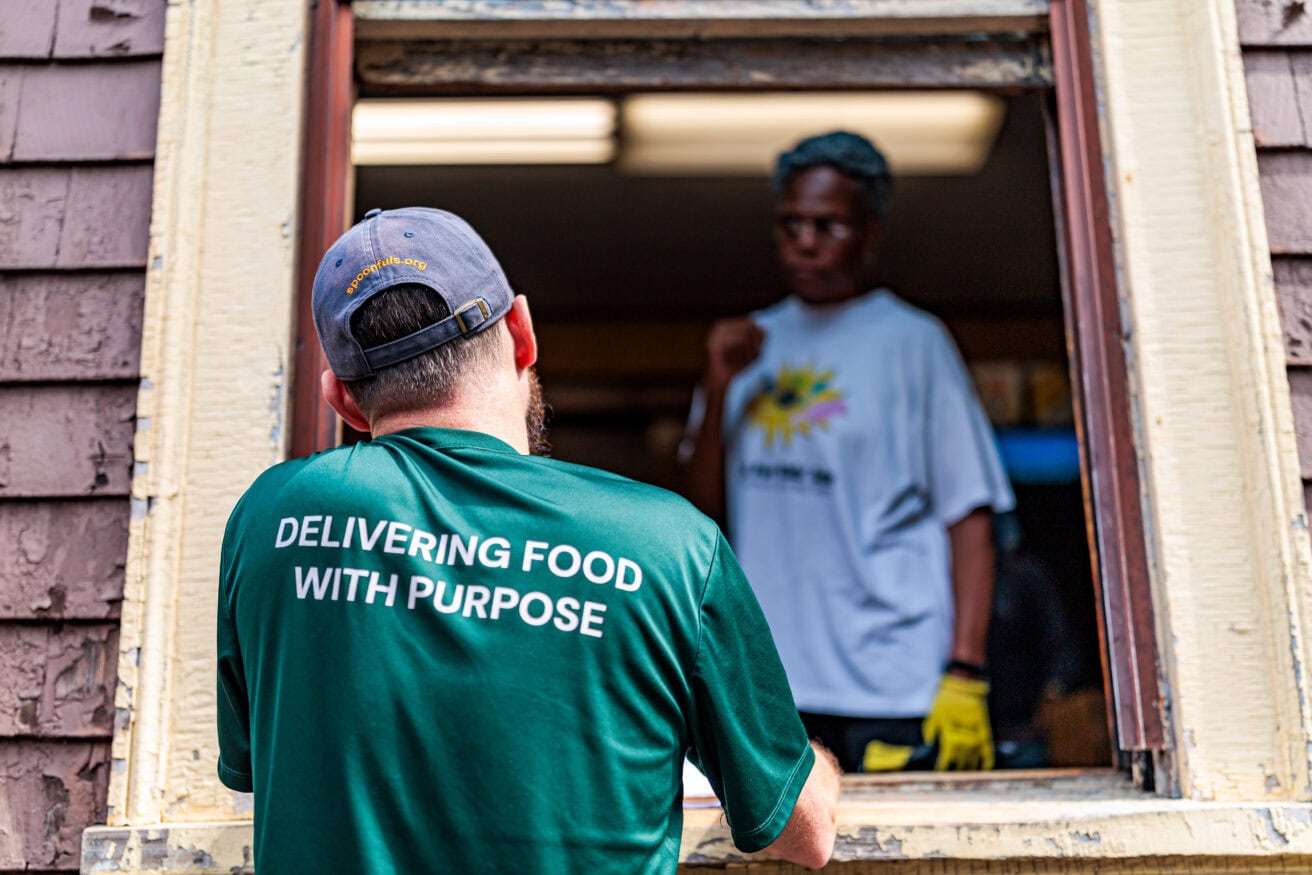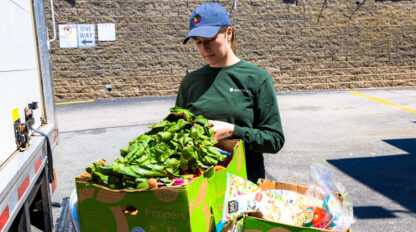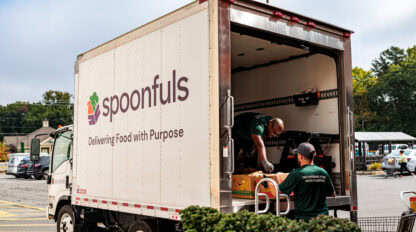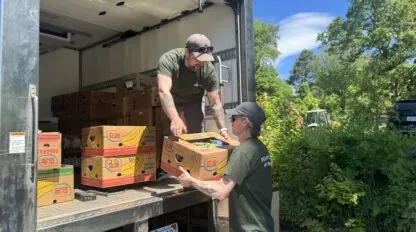What you can do: A letter from Spoonfuls’ Founder & CEO, Ashley Stanley

Amidst the headlines of the past month involving policy proposals and actions that paint a troubling picture for progress on issues like food waste, food insecurity, and the climate emergency, there’s a question our team is fielding more than any other: What can I do?
I love this question because the answer is, “A lot, actually.”
While the policy decisions of this administration will have real consequences for people, affecting not only the most vulnerable in our communities but absolutely everyone who lives and works in them, there are things you can do. Something that has always been stabilizing for me when feeling powerless has been to find something to do that makes an immediate impact. You could say that’s how we got started here at Spoonfuls.
So here are some ideas:
Seek out information about the ways policy decisions impact people in your community/state/country.
Subscribe to newsletters from local and regional organizations working to prevent waste and feed people (you can sign up for ours here) or explore news round-ups such as FoodFix or ReFED’s Food Waste News.
Buy into your local food system.
Shop your area farms, farmers’ markets, and community grocers. This helps foster a robust local food system, which is important to ensure that – apart from what is happening at the level of the national or global supply chain – our local market is as resilient as it can be. Find MA farms.
Support organizations like Spoonfuls and the food programs we work with to get good food to people who need it irrespective of their identities.
Hunger impacts people across all ages, races, religions, countries of origin, genders, and sexual orientations — and with looming threats to programs like SNAP, WIC, and universal school meals (alongside staggering grocery and utility prices), more people are turning to pantries to put food on the table. Those pantries, in turn, are looking to us to identify additional sources of food to meet an increased demand. But as organizations that rely on private philanthropy, there is a limit to what we can do absent additional support. If you can, make a gift now.
Get involved in a coalition.
Lend whatever time and skills you have to a community group working on tackling waste, strengthening our food system, and ensuring still-good food reaches people. Check out Make Hunger History Coalition, Neighborhood Food Action Collaborative (NFAC), or MetroWest Food Collaborative. Or visit our Advocacy page to explore others we work with, a few of which invite public participation!
Speak up.
From responding to calls for public comments, to phoning or emailing your elected officials and encouraging them to support safety net programs like SNAP, to showing up to local meetings (school board, town meeting, city council!) and offering your perspective and ideas about ways to support vulnerable student populations (like BIPOC and immigrant kids or LGBTQ+ youth) to access nutrition services, to challenging misinformation and disinformation in conversations with friends and family, there are a range of ways to do this — even if you’re not a policy wonk, even if you’re shy. More on our Advocacy page – and pay close attention to our Advocacy Toolkit, including our handout on “Talking With Government.”
Bottom line: Doing nothing is not an option. In whatever way feels right to you, please do something — and remember that we’re all in this together.
In gratitude,
Ashley Stanley
Founder & CEO
Spoonfuls


